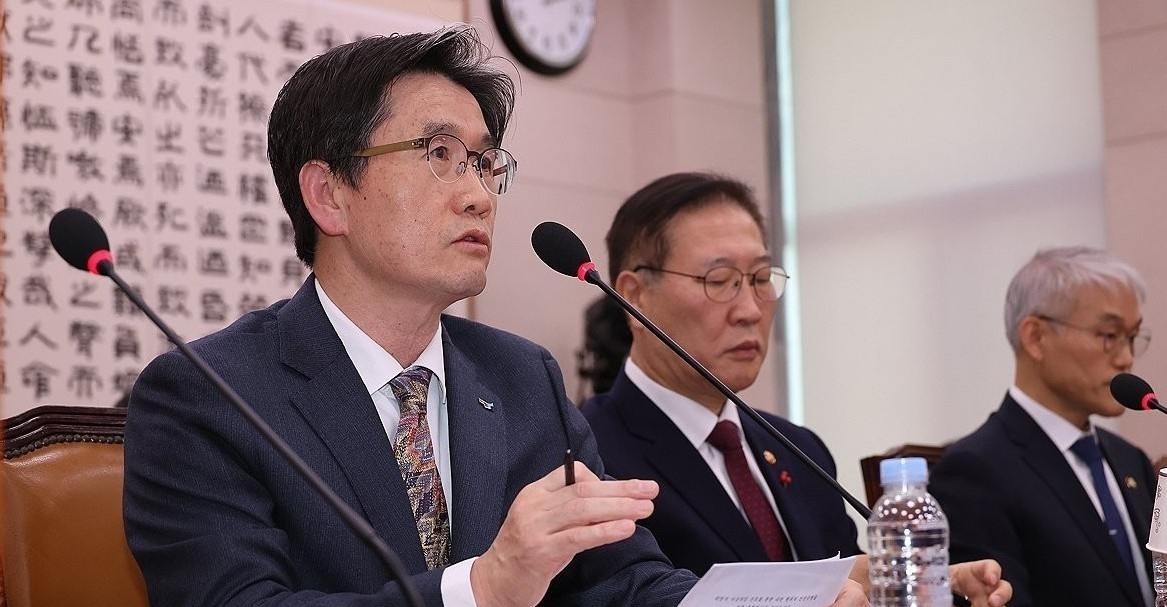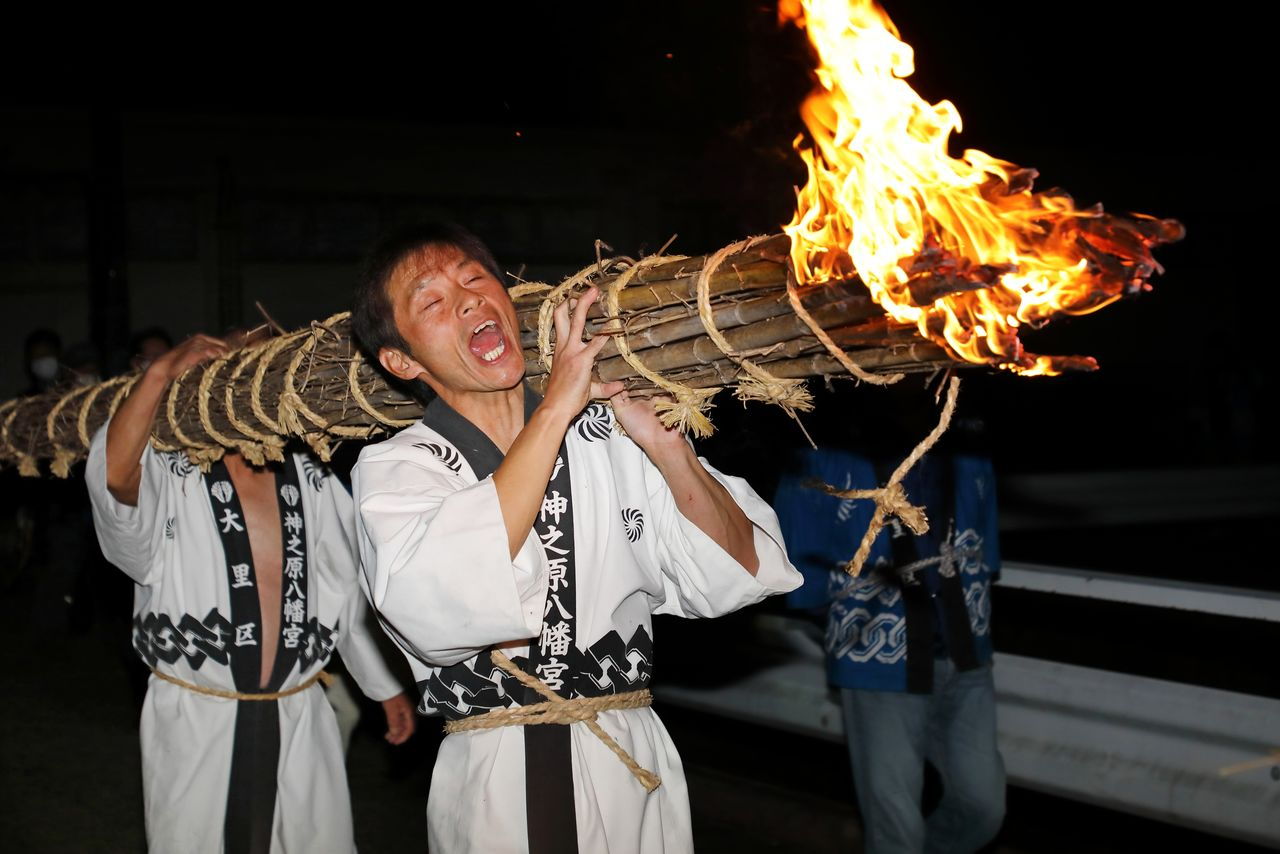
On the morning of December 11, local time, Wu Dongyun, director of the Criminal Investigation Division of Senior Public Officials of South Korea, said when being asked about the “emergency martial law” situation in the South Korean Congress that in accordance with South Korean law, the leader of civil unrest can be arrested urgently. Wu Dongyun said that he would try to arrest Yin Xiyue at the appropriate time.
On the same day, South Korean police conducted a seizure and search of the South Korean Presidential Palace in Yongsan District, Seoul.
South Korea passes resolution calling for swift arrest of Yoon Seok-yue
The South Korean National Assembly held a plenary session on the 10th and passed a resolution calling for the swift arrest of President Yoon Seok-yue, as well as the “Civil Unrest Standing Special Prosecution Act” to investigate suspicions that Yin Seok-yue and others initiated civil unrest.
The largest opposition party, the Democratic Party of Korea, stated in the explanation of the resolution that Yun Seok-yue has the intention to subvert the National Assembly or make it impossible for the National Assembly to perform its functions, and can be classified as the leader of civil disorder crimes, and it is necessary to arrest him quickly.
According to Korean law, congressional resolutions must go through procedures such as proposal, review by the jurisdictional committee, and deliberation at the plenary meeting. However, resolutions only express the formal position of the Congress and do not have legal effect.






